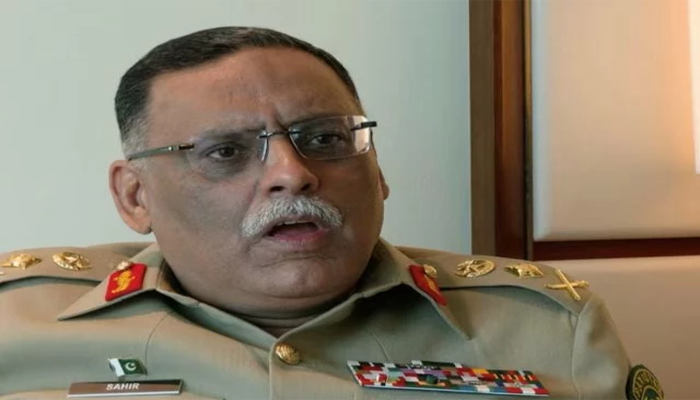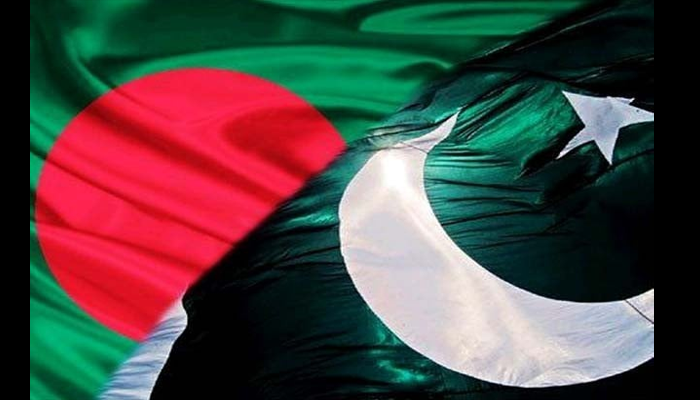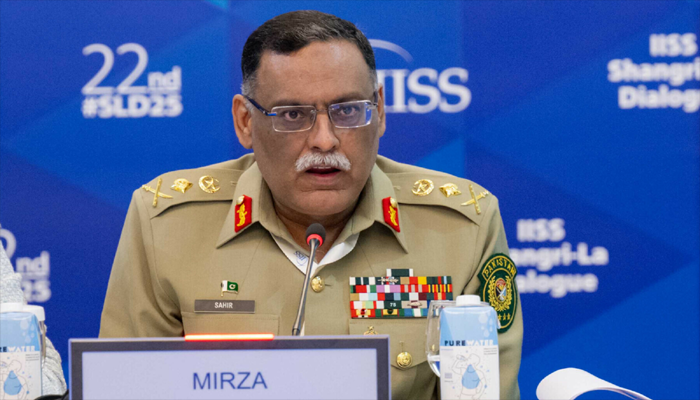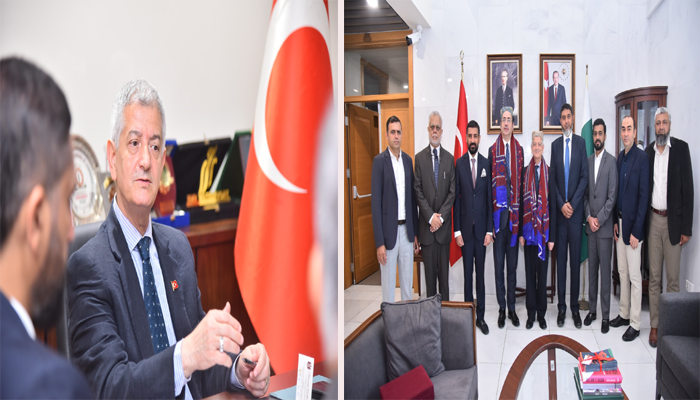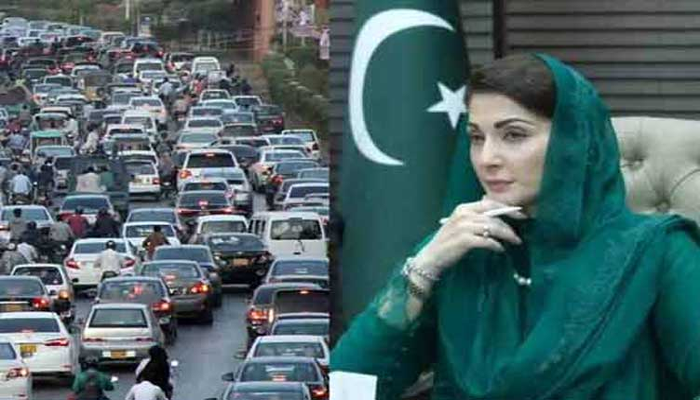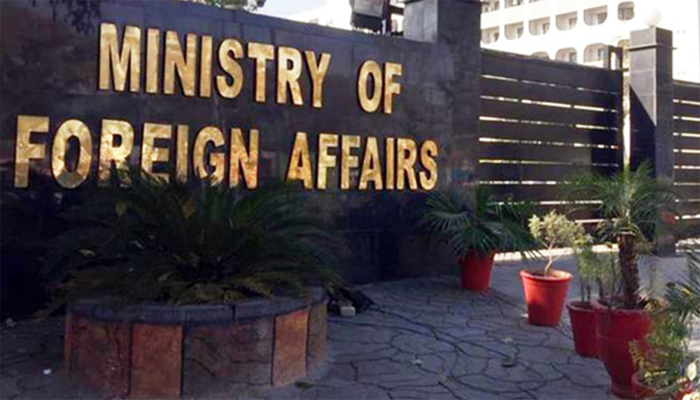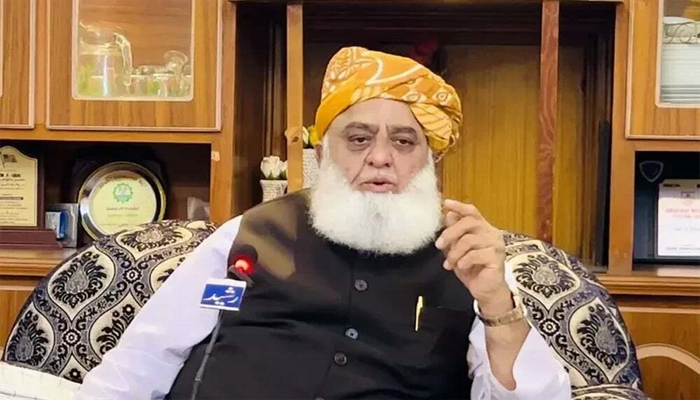SINGAPORE: Pakistan and India are in the process of reducing troop deployments along their heavily militarised border, nearly returning to the status quo before their latest and most intense military confrontation in decades, said Pakistan’s Chairman Joint Chiefs of Staff Committee (CJCSC) General Sahir Shamshad Mirza on Friday.
Speaking at the Shangri-La Dialogue forum in Singapore, General Mirza confirmed that both nuclear-armed neighbours had begun withdrawing forces that were mobilised during the recent hostilities. “We have almost come back to the pre-22nd April situation… we are approaching that, or we must have approached that by now,” he stated.
Tensions erupted on April 22 after an attack in Indian Illegally Occupied Jammu and Kashmir (IIOJK) killed 26 people, mostly tourists. India swiftly blamed Pakistan for the attack, a claim Islamabad has categorically denied. The accusations triggered four days of intense conflict, including the use of fighter jets, missiles, drones, and artillery across both sides of the border.
Pakistan launched a retaliatory military operation named "Operation Bunyan-um-Marsoos", targeting several Indian military sites. Pakistani officials described the strikes as "precise and proportionate," conducted in response to what they termed Indian aggression along the Line of Control and within Pakistani territory.
During the confrontation, Pakistan claimed it had downed six Indian fighter jets, including three Rafales, and dozens of drones. The violent standoff, which lasted approximately 87 hours, ended on May 10 following a ceasefire reportedly brokered by the United States. While India has denied any third-party mediation, multiple diplomatic sources have credited Washington's behind-the-scenes efforts for de-escalating tensions.
Despite the ceasefire, General Mirza warned of the growing risks. “The risk of escalation in the future has increased… this time, the conflict wasn’t confined to the disputed territory,” he said. “It would come down to the whole of India and the whole of Pakistan. This is a very dangerous trend.”
Mirza also noted that there had been no move toward nuclear deployment during this episode, but cautioned against complacency. “You can’t rule out any strategic miscalculation… when the crisis is on, the responses are different,” he said.
He criticised the lack of structured crisis communication mechanisms between the two nations, pointing out that existing channels—such as the military DGMOs’ hotline—were insufficient. “The time window for the international community to intervene would now be very less… damage may take place even before that window is exploited,” he added.
India’s Ministry of Defence has yet to comment on General Mirza’s statements. Meanwhile, New Delhi has reiterated that “talks and terror don’t go together,” maintaining a firm stance against dialogue with Pakistan amid continued allegations of cross-border terrorism.
General Mirza also confirmed that no backchannel or informal talks were underway and ruled out any meeting with his Indian counterpart, General Anil Chauhan, who is also attending the forum in Singapore. “These issues can only be resolved by dialogue and consultations, on the table. They cannot be resolved on the battlefield,” he concluded.

